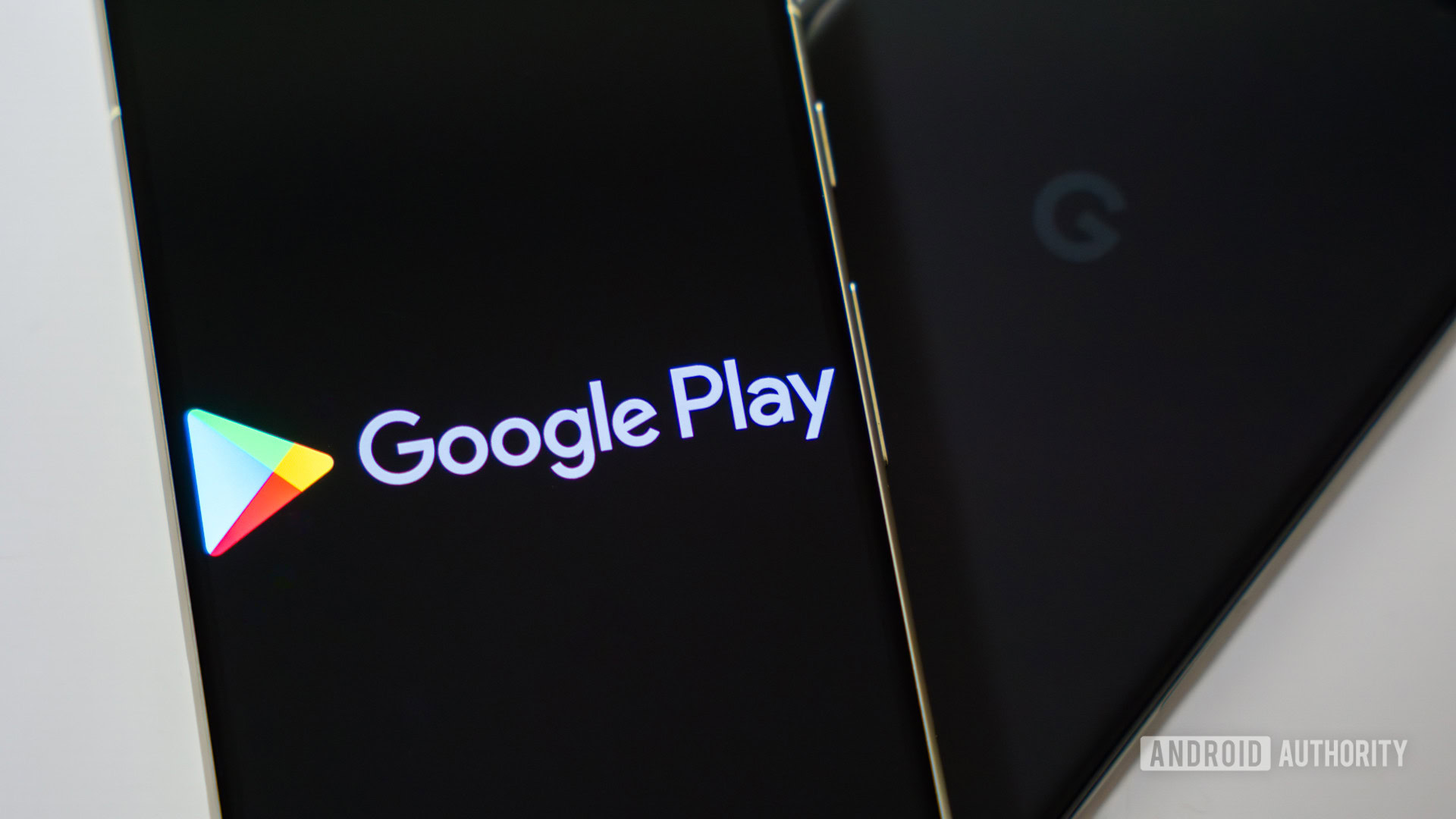Edgar Cervantes / Android Authority
TL;DR
- Google Play Store could soon sport a header that is fixed in place on app listings.
- This header will include key app details, such as the icon, name, developer’s name, average rating, and more. It would also include the Install button.
- This change would make it easier to install the app from any position of the app listing.
Most Android flagships ship with the Google Play Store out of the box, so it is natural for the platform to evolve into the premier destination for exploring apps and games on these devices. Google does a lot of work to protect users on the Play Store while balancing the interests of app developers who choose to list their apps on the platform. App developers are advised to create detailed and rich app listings to give the user as much information as possible before a download. However, the trade-off is that the app listing becomes too long, and the Install button is no longer in sight. An upcoming Google Play Store change could fix this by making the Install button a permanent part of the app listing.
An APK teardown helps predict features that may arrive on a service in the future based on work-in-progress code. However, it is possible that such predicted features may not make it to a public release.
Google Play Store v43.1.19 includes code that indicates Google is working on fixing the header in place on an app listing. We managed to activate the feature, so here’s a better look at it.
As you can see in the video above, a future update to the Google Play Store will affix the header at the top of the screen while you scroll the app listing.
The header consists of several key app details, such as the app icon and name, the developer name, its Play Store average rating, and whether it contains ads (mentioned twice for some reason). There’s also an Install button to quickly install the app on the device you are viewing the listing on and a dropdown to let you install that app on your other devices. This header remains visible and accessible at all times.
This header also stays in place for app updates where some details are not present (and don’t need to be). The important detail here is that the Update button remains visible and accessible at all times, irrespective of your scroll position.
Why this change, though, you ask? We can offer a possible theory for this. For one, app store listings are long, and informed users do end up sifting through a lot of details, like reviews, data safety, etc., before downloading an app, especially if it is a paid app or if they are comparing multiple alternatives.
It’s no secret that if you want great conversion (converting a “potential customer” to a “customer”), your call-to-action should remain easily accessible at all times. A long app store listing is great for informing the user about the app, but in a way, it penalizes the app developer for being transparent and proactive, as the call-to-action (the Install button, in this case) is left behind at the very top of the app listing. The more you have to scroll, the more potential customers the developer would lose, as users would find it easier to navigate away from the app listing than to scroll back to the top of the listing for the Install button.
A fixed header for the Install button would thus make it easier for a user to install the app after checking out its details and consequently improve conversion for developers who take the pains for a detailed and rich app listing.
We don’t know when Google will roll out this change to all users. We’ll keep you informed when we learn more.

